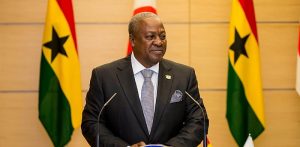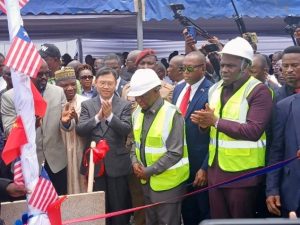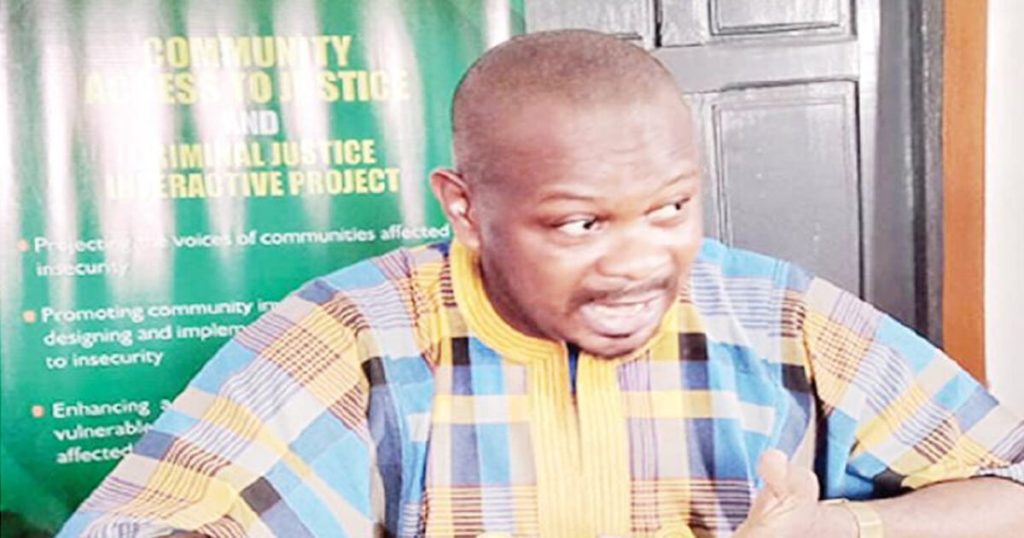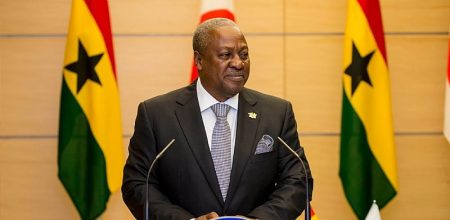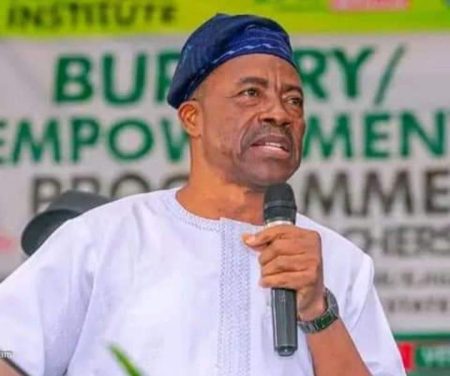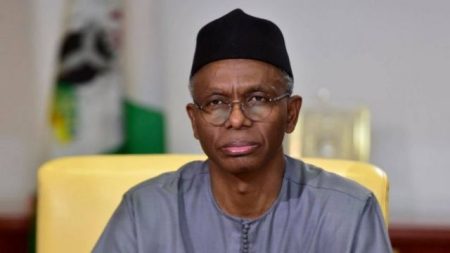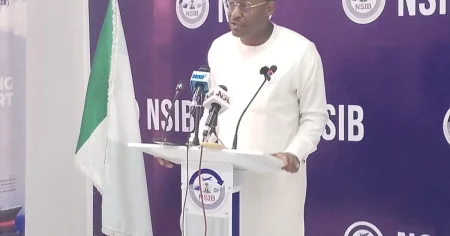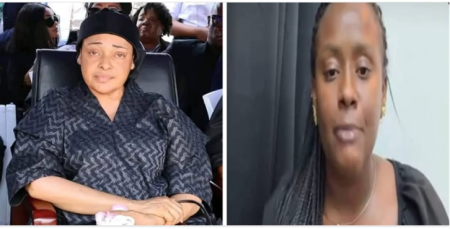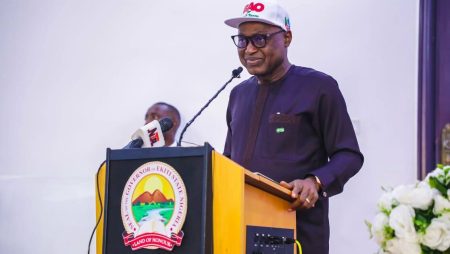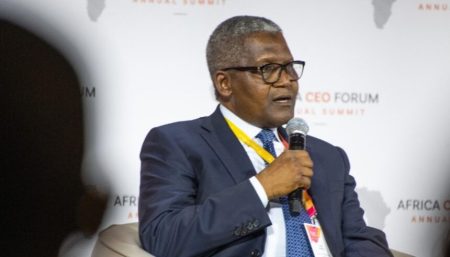Simon Ekpa’s conviction in Finland for terrorism-related offenses serves as a stark reminder of Nigeria’s persistent struggle to address insecurity and hold perpetrators accountable within its own borders. Ekpa, a self-proclaimed leader of a Biafran separatist movement, exploited the existing unrest in southeastern Nigeria to incite violence, mobilize armed groups, and promote bloodshed through social media. While his conviction is a welcome development, it underscores the Nigerian government’s failure to effectively tackle the root causes of insecurity and bring those responsible to justice. The fact that a foreign court had to intervene and prosecute Ekpa for crimes committed against Nigerians raises serious questions about the Nigerian government’s commitment to upholding the rule of law and protecting its citizens.
The Finnish court determined that Ekpa’s activities went beyond mere political agitation and constituted acts of terrorism. He was found guilty of organizing armed groups, facilitating the acquisition of weapons, and inciting his followers to commit acts of violence in Nigeria. This verdict highlights the severity of Ekpa’s crimes and the danger he posed to the stability of Nigeria. It also underscores the importance of international cooperation in combating terrorism and holding perpetrators accountable, regardless of their location. The case demonstrates that individuals who incite violence and promote unrest cannot escape justice simply by residing in another country.
The case of Simon Ekpa mirrors previous instances where foreign governments have stepped in to prosecute Nigerian individuals for crimes that went unpunished within Nigeria. This pattern of “outsourcing justice” is a clear indictment of the Nigerian government’s inability or unwillingness to address issues of corruption, terrorism, and insecurity effectively. The case of James Ibori, a former Nigerian governor convicted of corruption in the UK, serves as a prime example of this phenomenon. While Nigerian authorities failed to hold Ibori accountable, a foreign court successfully prosecuted him for his crimes.
This recurring scenario suggests a systemic failure within Nigeria’s justice system. The government’s apparent reluctance to investigate and prosecute high-profile individuals accused of serious crimes creates an environment of impunity, where perpetrators feel emboldened to continue their illicit activities. This lack of accountability not only undermines the rule of law but also erodes public trust in the government and its institutions. Furthermore, it sends a dangerous message that influential individuals are above the law, further fueling the cycle of violence and corruption.
The failure to address insecurity and hold perpetrators accountable has devastating consequences for the affected communities. In southeastern Nigeria, the violence incited by Ekpa and others has led to the loss of lives, displacement of communities, and widespread fear and instability. The absence of justice for the victims of this violence only exacerbates their suffering and fuels a sense of resentment and distrust towards the government. The Nigerian government has a responsibility to protect its citizens and ensure that those responsible for such violence are brought to justice.
The conviction of Simon Ekpa should serve as a wake-up call for the Nigerian government. It must prioritize the strengthening of its justice system and demonstrate a genuine commitment to investigating and prosecuting all perpetrators of violence and corruption, regardless of their political affiliations or social standing. Selective justice and impunity only serve to perpetuate the cycle of violence and erode public trust. The government must take decisive action to address the root causes of insecurity and ensure that justice is served within Nigeria’s own borders, rather than relying on foreign governments to hold its citizens accountable. This is crucial for restoring public confidence, promoting stability, and building a more just and equitable society.


